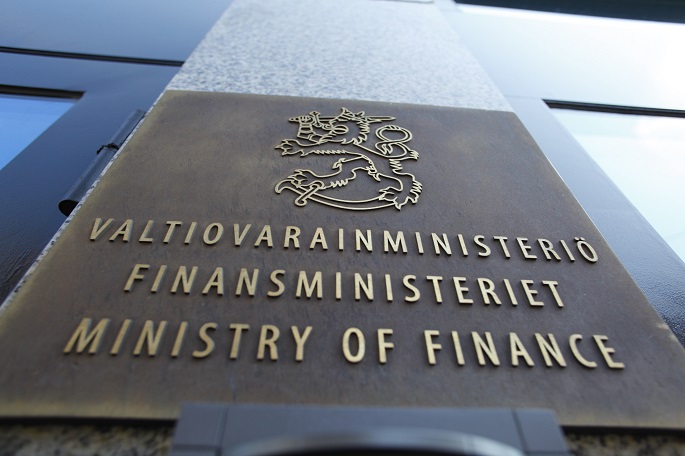Govt mulls to tackle high interest rates in consumer loan
Published : 01 Nov 2018, 00:18
Ministry of Justice has said that a bill aiming to tackle the country's high interest consumer loans has been sent to legislation appraisal council and is expected to reach parliament in November.
High interest consumer loans have been an almost insurmountable problem in Finland. Consumer loan companies simply bypassed a 2013 legislation that restricted the interest rates of loans under 2,000 euros and started to issue loans of 50,000 euros or even more.
Under existing laws the interest of loans up to 2,000 euros has been limited to 50 percent. There are no limits for loans larger than 2,000. The new legislative effort would put a cap on the interest rates of all loans, except those with real collateral, such as a condo unit.
The companies in the consumer loan business protested against the plans, claiming the restrictions would hamper the credits attached to the purchase of household gadgets. Some companies also said it is the customer's fault if he or she ends up financial trouble.
Juha A. Pantzar, the CEO of a Guarantee Foundation that helps victims of easy loan taking to consolidate their debt, told Xinhua the high interest rates collected by the companies have created immunity against even major losses. "Non-payment of loans undermines the result, but profits remain much greater anyway".
Antti Häkkänen, the minister for justice, has pledged a change. He noted in early October in a statement published by the ministry that in some cases the nominal interest rate of a consumer loan has been 100 percent and the real annual interest rate over 200 percent.
A Finnish language newspaper Helsingin Sanomat this week focused on the business logic of Bank Norwegian, one of the high profile consumer loan marketers in Finland. Bank Norwegian announced it had underestimated the level of losses in Finland. Of all its loans, over 9 percent did not get paid interest or amortization. "But the bank did not appear to be concerned about the situation," Anni Lassila, a business news writer noted.
"When the amount of non-performing loans grows enough, the balance sheets of the institutions will be cleaned through selling the 'junk loans' to collection companies." Bank Norwegian had transferred 160 million worth of loans to a collection company. The sale included 16,000 consumer and credit card loans.
The Guarantee Foundation says loans without collateral have increased by a half in five years in Finland. People who turn to get help from the foundation now are on average 34,000 euros in debt. In 2013 the amount was 23,000 euros. The debts by Finnish households are mainly home mortgages, but the problems of excessive debt result from consumer loans.
Pantzar told Xinhua the present control system of financial businesses in Finland does not have proper tools to intervene fast and authorities do not have enough resources. The companies may be admonished or told to change their practices. But the legislation that improves the position of the customer is part of the Finnish consumer protection act.
In Finland, personal finances are usually not talked about. "Finns do not show off their wealth, but their lack of money neither." The Guarantee Foundation has tried to encourage talking. "People have not gone to the barricades as a protest against the consumer loan business, but politicians have realized this is a national problem. And it is not restricted to the very low income people.
People take new loans to pay the previous ones and try to avoid a negative credit marking by any means. Some 400,000 Finns have a credit warning in the commercial registries. The note remains for two years even though the debt has been paid. In Finland a private person cannot go bankrupt and thus start again. Many use public social security benefits to pay back their loans. In that situation public money ends up to benefit the loan companies.
Public advertising of consumer loans is heavy. Billboards in Helsinki urge to get easy money, with one click on the mobile.


